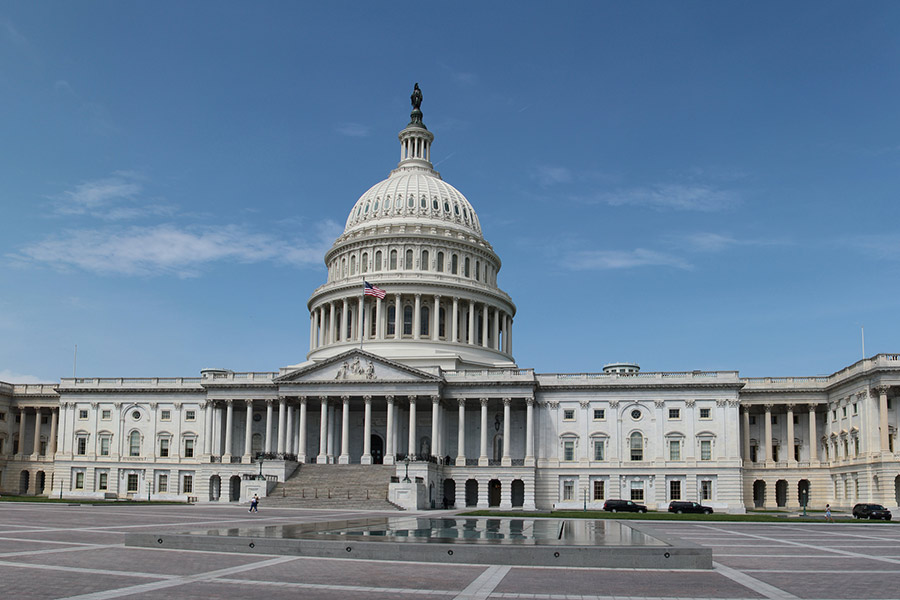
Government Immunity
Government entities have immunity from most lawsuits. This principle is rooted in the historical idea that the “king can do no wrong” and it is justified today by the idea that government entities and officials must be able to carry out their duties without being overwhelmed by constant litigation. However, more recently the government has recognized the need to hold government actors accountable for their actions when they negligently cause harm.
Michigan’s Governmental Tort Liability Act (GTLA), enacted in 1964, established the state’s government immunity framework and created a number of exceptions to government immunity. Government agencies or officials may be liable when injuries are caused by:
- Negligent operation of a government-owned vehicle driven by a government employee
- Dangerous conditions or defects in buildings that are open to the public, resulting from negligent maintenance or repairs
- Failure to maintain roads in a state of reasonable repair and in a condition reasonably safe and fit for travel
- Negligence in the ownership or operation of a government hospital
- Negligence while performing a proprietary rather than governmental function
- Gross negligence by an individual government employee
